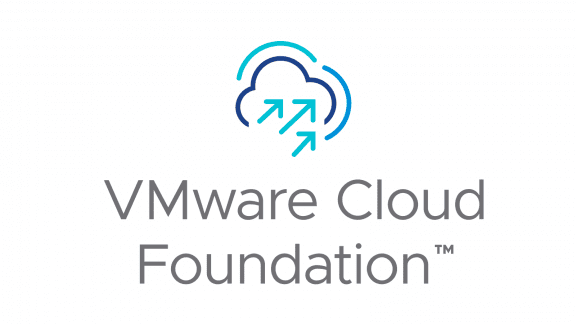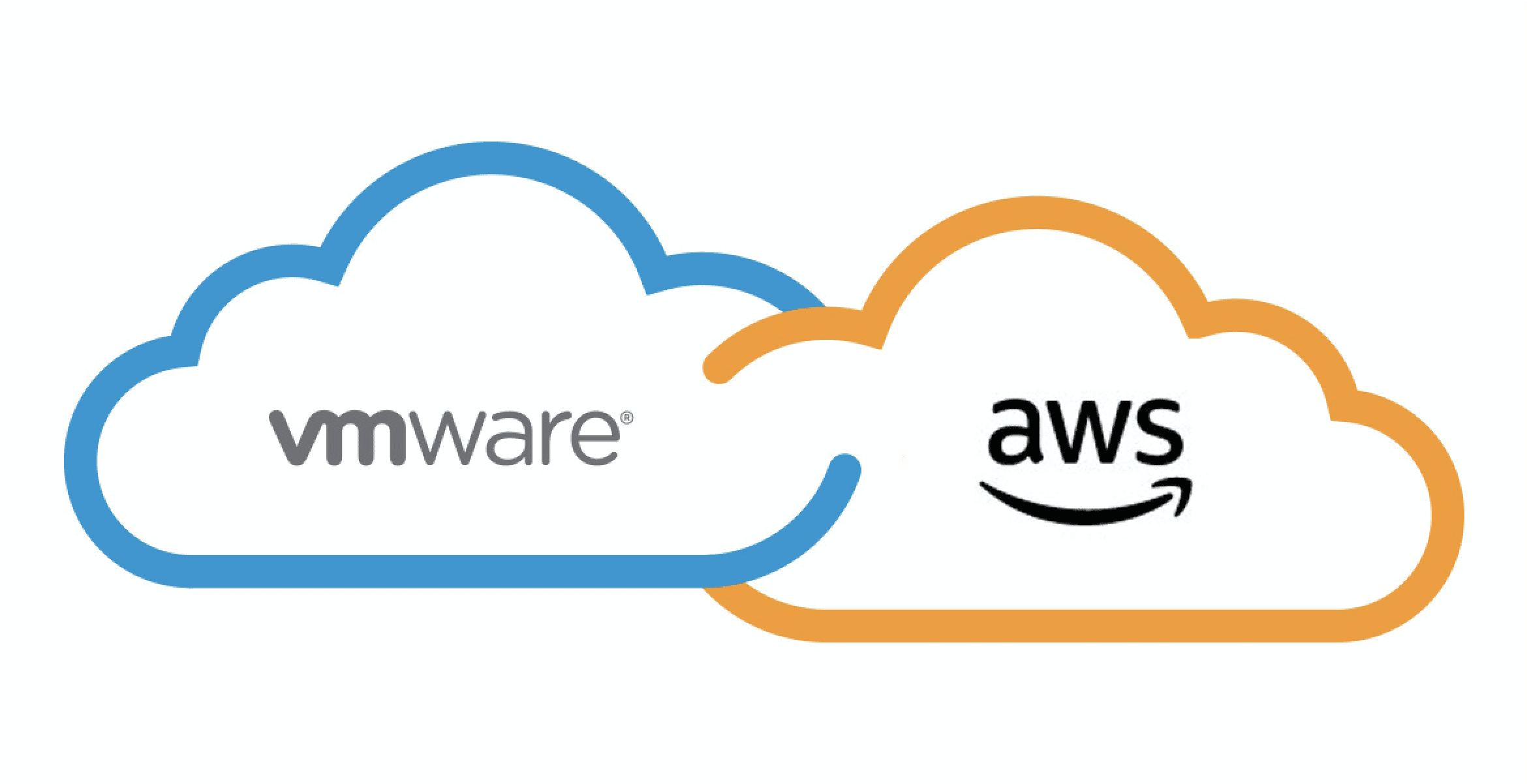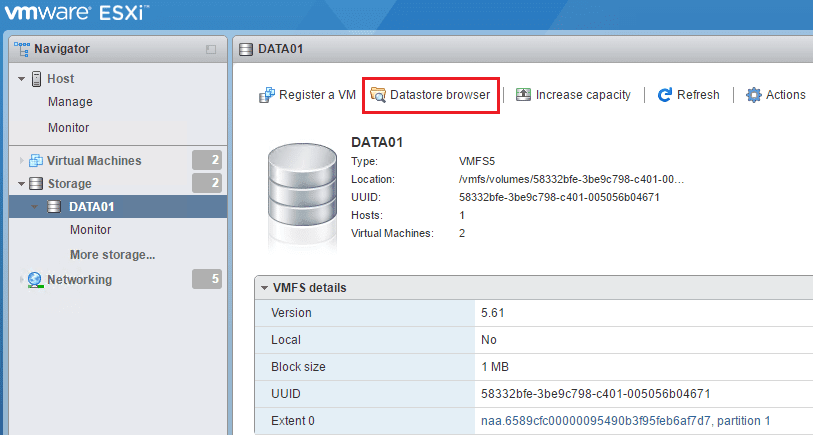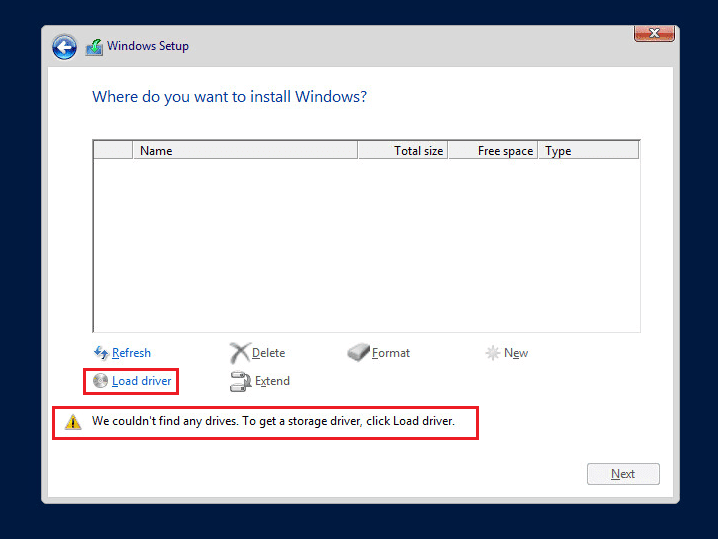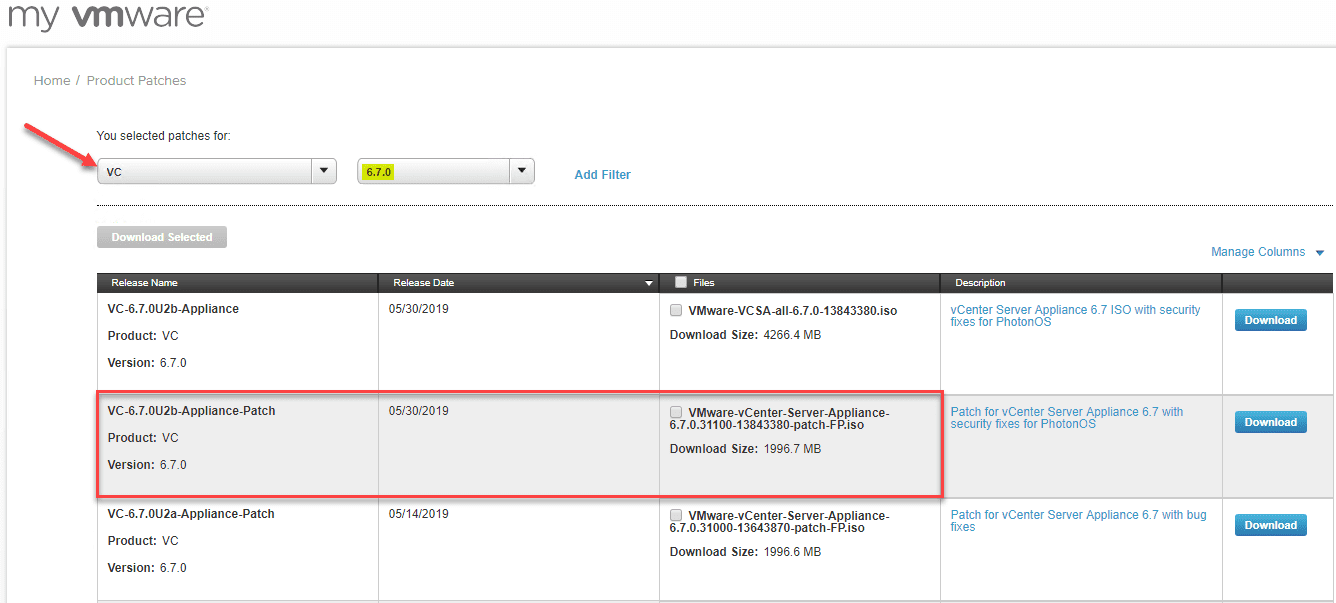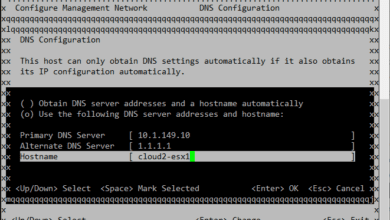Broadcom VMware Buyout: 5 Things to do Now
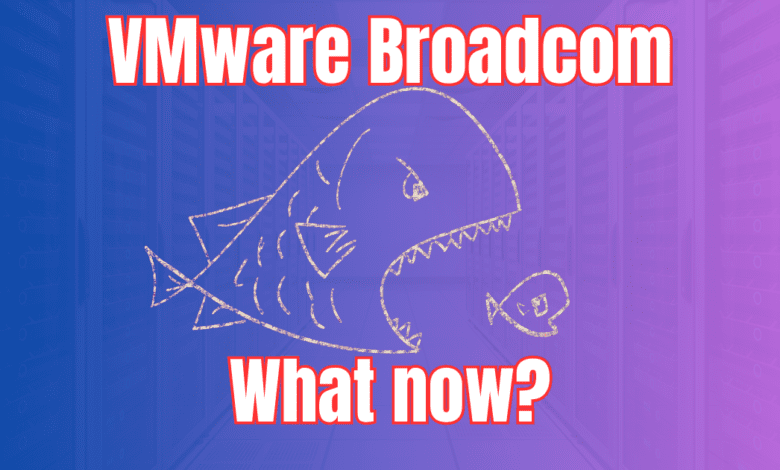
I know many are thinking these days, what is the future for VMware? It is a great company, and I know a lot of great people that work there. The community is fantastic. Even with the uncertainty of the VMware Broadcom takeover, I think there will still be a period with things remaining status quo. However, as VIadmins, budget owners, and CIOs, what should you do now? Let’s consider a few things to think about moving on quickly.
Table of contents
- A quick recap of the Broadcom VMware buyout
- 1. Lock in Pricing at Renewal Time or early renewal?
- 2. Strengthen partnerships with partners and resellers
- 3. Look towards VMware Cloud solutions
- 4. Look at alternatives
- 5. Accelerate refactoring applications for the cloud
- FAQs on VMware and Broadcom’s Future Path
A quick recap of the Broadcom VMware buyout
This week, it appears the VMware Broadcom buyout has been finalized. The buyout positions Broadcom, already a global technology leader, as arguably the world’s leading infrastructure technology company in the global supply chain. It also merges the strengths of the companies, resulting in a behemoth enterprise software and infrastructure technology company.
Among other things, it will be interesting to see how Broadcom folds VMware solutions like VMware Cloud Foundation, VMware software-defined edge into the broader context of hybrid cloud infrastructure software in the Broadcom portfolio.
With certain changes coming, VMware customers face the challenge of adapting to the new reality of the post-Broadcom merger in the data center. Making strategic decisions now can enable global enterprises to take proactive steps as Broadcom begins the effort to successfully integrate VMware’s operations.
1. Lock in Pricing at Renewal Time or early renewal?
One immediate step VMware customers should take is to lock in pricing at renewal time. Broadcom is known for restructuring the pricing of the solutions of other companies they have acquired. By locking in current pricing terms, VMware customers can hopefully safeguard against unexpected price increases, at least in the near term.
This is important as it will enable enterprise customers to meet their business needs with solutions like VMware Cloud Foundation and other VMware infrastructure software solutions. Also, with the current state of national or global economies, most businesses are looking to cut costs and not see those increase.
If possible, and your organization will continue to rely on VMware solutions on-premises, locking into multi-year renewal agreements may help protect against price increases that are undoubtedly coming.
Hock Tan, president of Broadcom, has mentioned they will rapidly transition to a subscription model from perpetual licensing. Many view this as a cautionary statement regarding forward-looking changes coming down the pipes along with other statements from Broadcom management.
2. Strengthen partnerships with partners and resellers
With the Broadcom VMware acquisition, it is a wise move to strengthen relationships with partners and resellers. Forming these strategic partnerships and strengthening those that already exist will help customers navigate through this transition period as smoothly as possible. Supporting hybrid cloud environments will remain an important consideration.
Partners and resellers often have strong ties and insights with the VMware product suite, including VMware Cloud Foundation division and other key infrastructure solutions. They can help provide valuable guidance on how Broadcom’s acquisition could impact product availability. They also have deep insights into pricing and support.
Partners and resellers generally also have broad experience across other solutions, which can be helpful if you decide to move away from VMware.
3. Look towards VMware Cloud solutions
While this may not be a direction that many will decide to go, VMware has a healthy cloud offering that allows organizations to take advantage of all the major cloud providers like Amazon AWS, Google GCP, and Microsoft Azure and have an abstraction layer for running their workloads that helps to ensure they are not locked into a specific cloud service provider.
Both VMware and Broadcom have been suggesting this is most likely the route they will encourage customers to take. However, it will be interesting to see whether or not this is an avenue that customers truly consider and are willing to go as opposed to shrinking their on-premises footprint and then going cloud-native.
4. Look at alternatives
Organizations may look for alternatives for their on-premises and hybrid cloud operations. Arguably, there is no better solution from a pure feature and capabilities standpoint than VMware. They have been an engineering first innovation centric vendor from just about every perspective and have played a critical role in private and hybrid cloud infrastructures for most businesses over the past two decades.
However, as Broadcom will undoubtedly change VMware’s operations, customers may want to evaluate alternatives. Keep in mind that this is not a trivial undertaking. Changing your entire underlying hypervisor stack can be a major undertaking. Competitors often have tools and processes to migrate customer workloads from the VMware platform, making this process easier.
Take a look at the post here: Top 5 VMware Alternatives in 2023
5. Accelerate refactoring applications for the cloud
Another strategy that organizations will want to accelerate is refactoring applications for cloud-native workloads. As most know, you cannot run full VMs out in the cloud cheaper than you can run them on-premises. However, if applications are refactored for the cloud and running on cloud-native workloads and infrastructure, the cloud makes much more sense.
This strategy also helps to reduce the footprint of on-premises infrastructure and the amount of VMware licensing if organizations are keeping a much smaller footprint of infrastructure on-premises. However, most organizations will almost certainly need to maintain some type of enterprise footprint on-premises as there is typically always a need to do this.
FAQs on VMware and Broadcom’s Future Path
The merger is expected to shift VMware’s approach to private and hybrid clouds. While VMware has had a presence in these areas, Broadcom’s acquisition might lead to reevaluating strategies and offerings. Customers must stay informed about changes and adjust their cloud strategies accordingly, especially those involving VMware Cloud Foundation and related hybrid cloud infrastructure software.
Customers should closely monitor how Broadcom plans to continue developing and supporting VMware’s software-defined edge solutions and Tanzu products. While these products are key to VMware’s current market offering, the acquisition may change things. Understanding the potential impact is crucial for enterprise customers who rely on these solutions for their critical operations.
Based on Broadcom’s historical approach with other acquisitions, changes in pricing and licensing models for VMware products are very likely. Customers should prepare for potential price hikes and consider strategies like locking in current pricing or exploring competitive alternatives in the market.
With buyouts and acquisitions, anything is possible. Customers should develop contingency plans to mitigate any potential impact on their operations, including strengthening relationships with partners and resellers.
Customers should anticipate and plan for VMware’s support and innovation post-acquisition changes. This may involve exploring other business partners or technology solutions that align with their needs. Customers need to stay informed about the direction from Broadcom and any changes that may affect them.
VMware, under Broadcom, will likely continue to play a significant role in the enterprise, especially in data center technology and enterprise networking. However, it could definitely affect how businesses use VMware products and solutions in the future.
What next with the VMware Broadcom merger?
Time will tell what events unfold next with the Broadcom acquisition of VMware. However, it looks like the takeover is now in full swing with senior VMware management taking on different roles or just stepping aside altogether. Just how quickly Broadcom will start changing things is yet to be seen but I have a feeling we may start to see changes very soon. There are many different ways to look at the merger. I hope for VMware and all the good people that work there, there will be positive things that come out of the acquisition.



